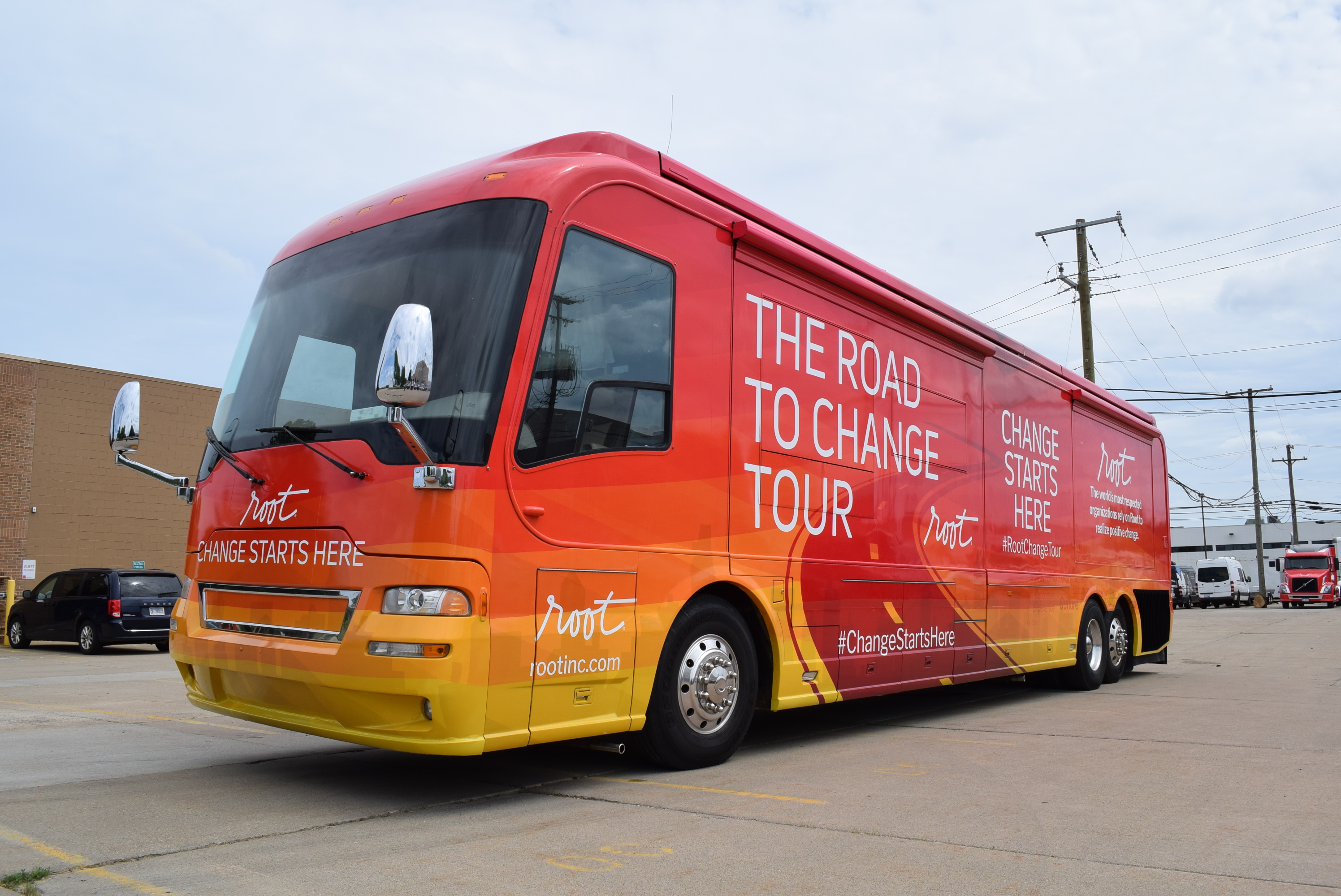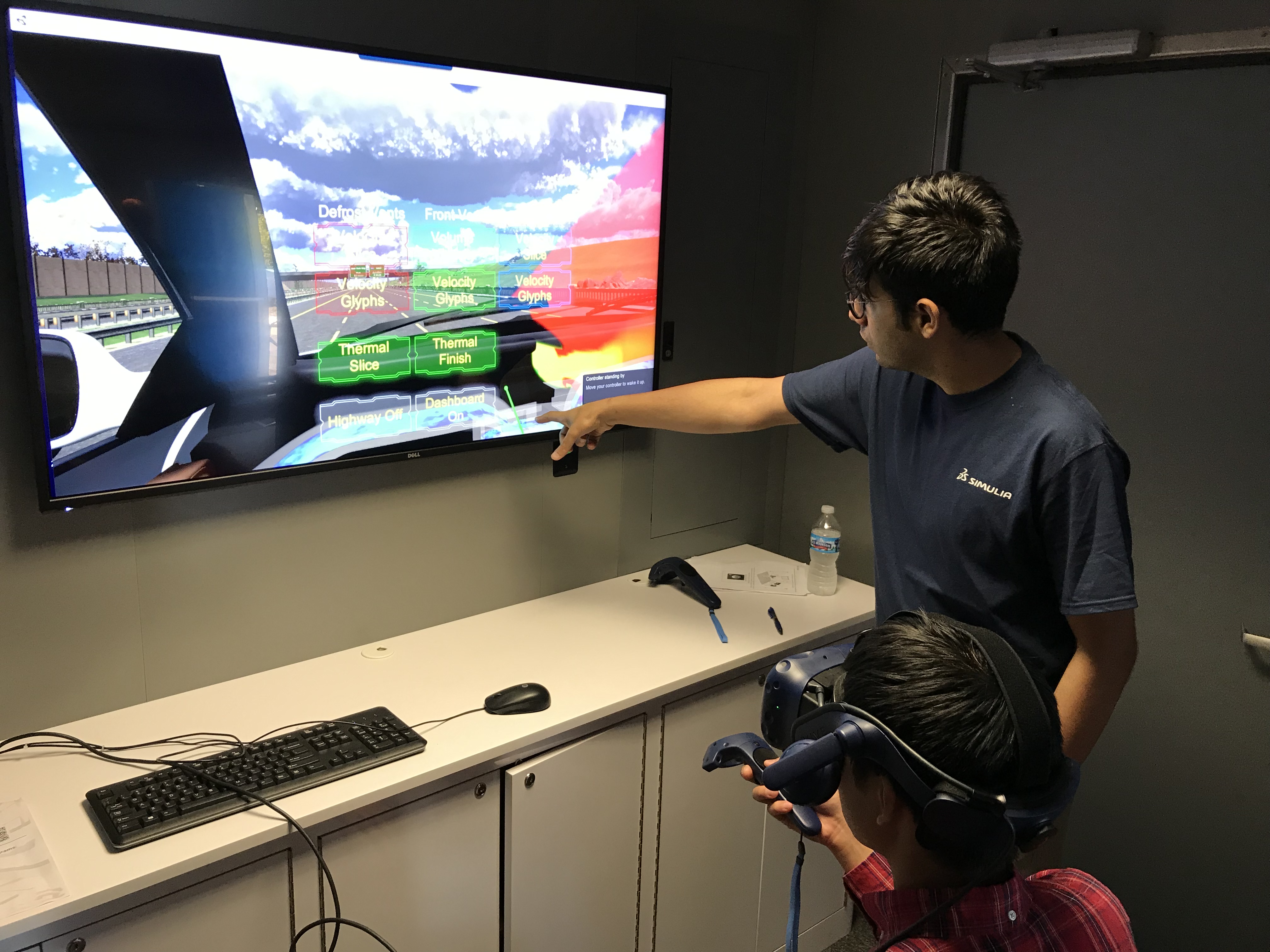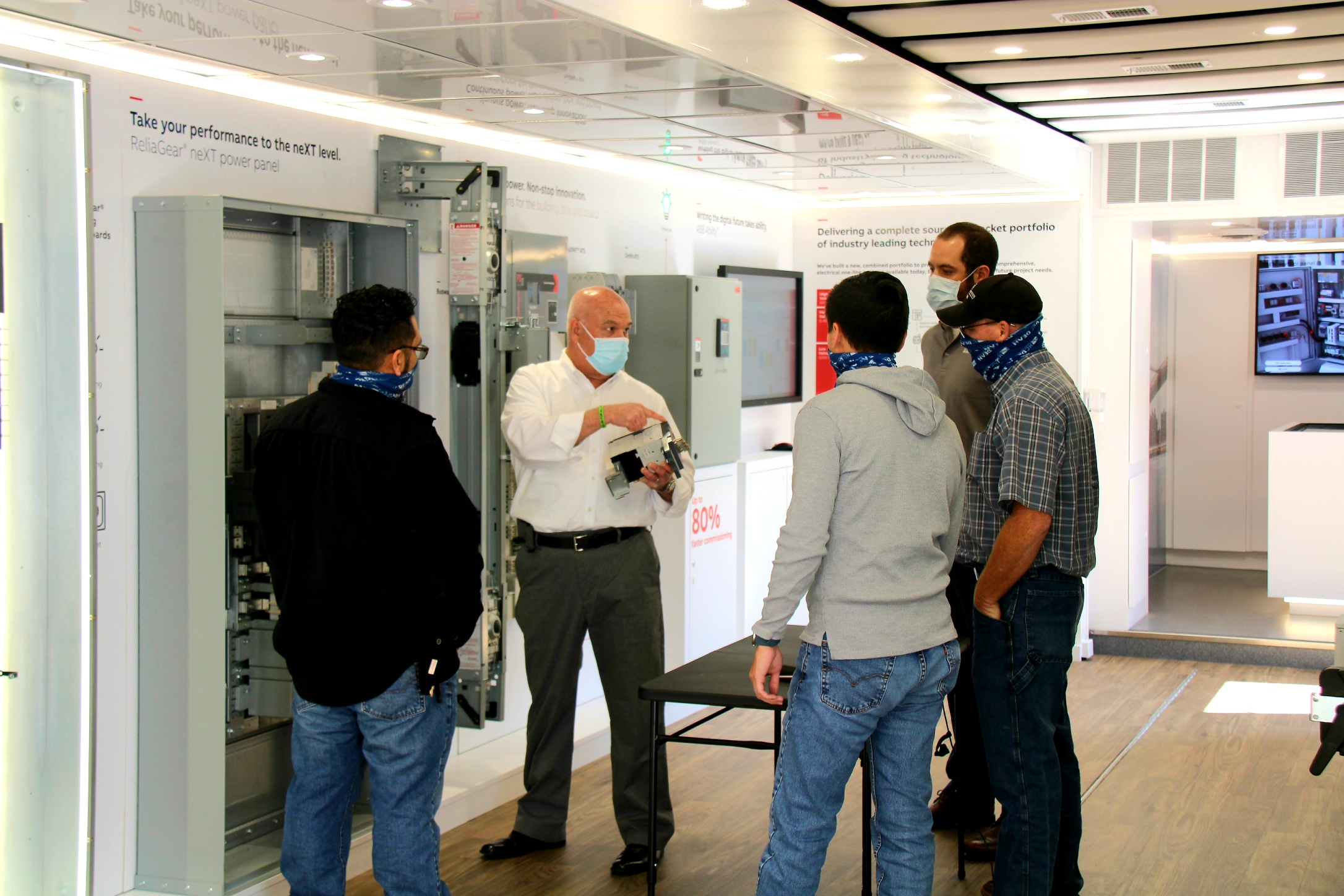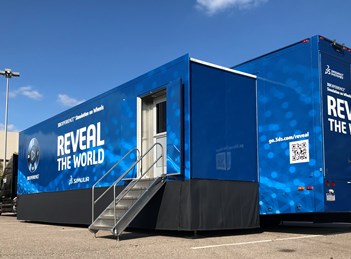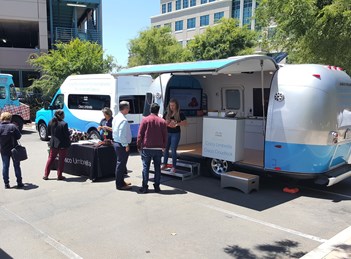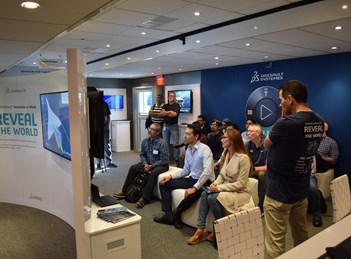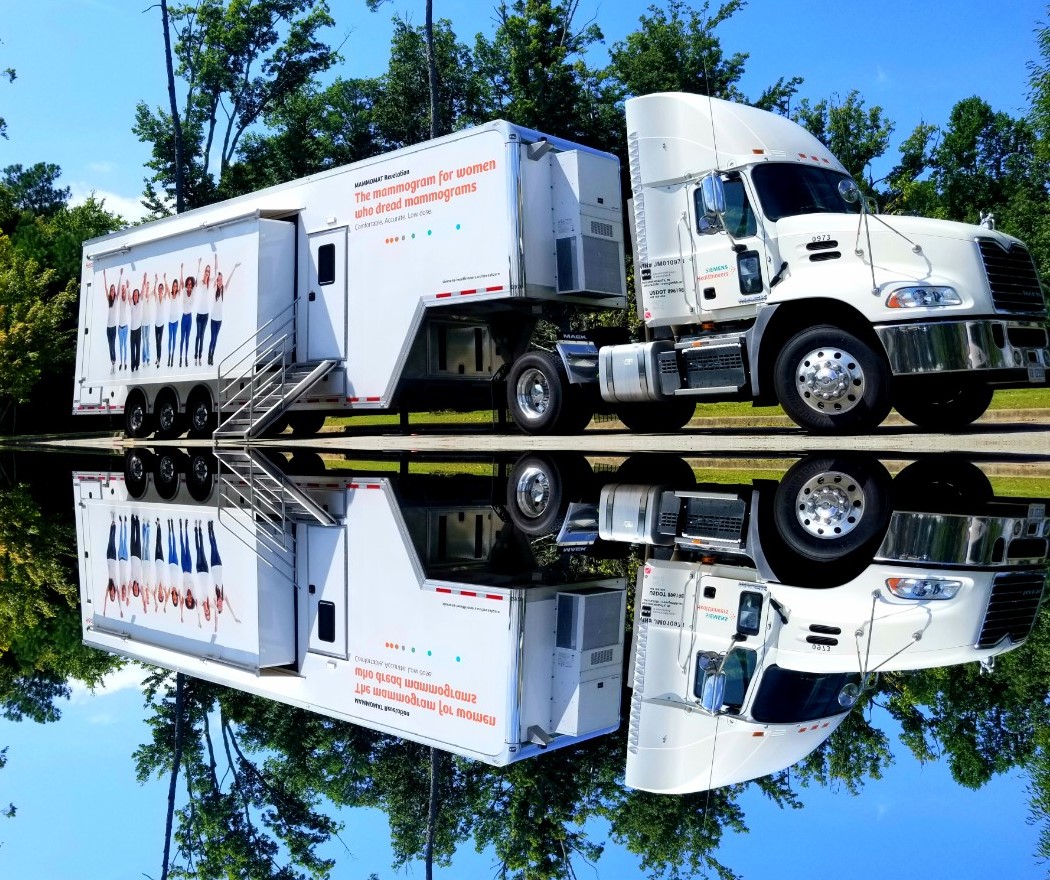
Setting the Record Straight: Common Experiential Marketing Myths
While experiential mobile marketing is no longer considered a new tactic to many marketing professionals, there is still a lot of misinformation surrounding the strategy. So, we’re here to set the record straight and debunk some of these common misconceptions about experiential.
Experiential marketing is just a passing fad.
Experiential marketing is so popular because it works, not because it’s a passing trend. As the name suggests, experiential marketing focuses on creating a memorable experience for customers. From hands-on displays to interactive product demonstrations, experiential marketing draws visitors to the product and gives them a reason to remember your brand. By traveling your brand directly to your target audiences, you can create long-lasting connections, extend your reach, and ultimately lead to more sales.
Smaller brands can’t or shouldn’t utilize experiential marketing.
Many of the experiential tours and events that make headlines are by larger more recognizable brands. As a result, many are under the impression that only larger brands with huge budgets can afford and pull off experiential activations. However, that is not the case! A mobile tour can be a great way for smaller brands, with smaller budgets, to gain more brand exposure and extend their reach significantly.
Any agency can plan an experiential mobile marketing tour.
There is a lot to consider when planning a mobile campaign, from the planning process to the logistical day to day operations, so it helps to have an experienced mobile tour partner to guide you through the process. An experienced partner can provide industry insights, help with design development, vehicle procurement, scheduling, activation, and even reporting post event. They will ensure your tour is a success from the beginning to end.
